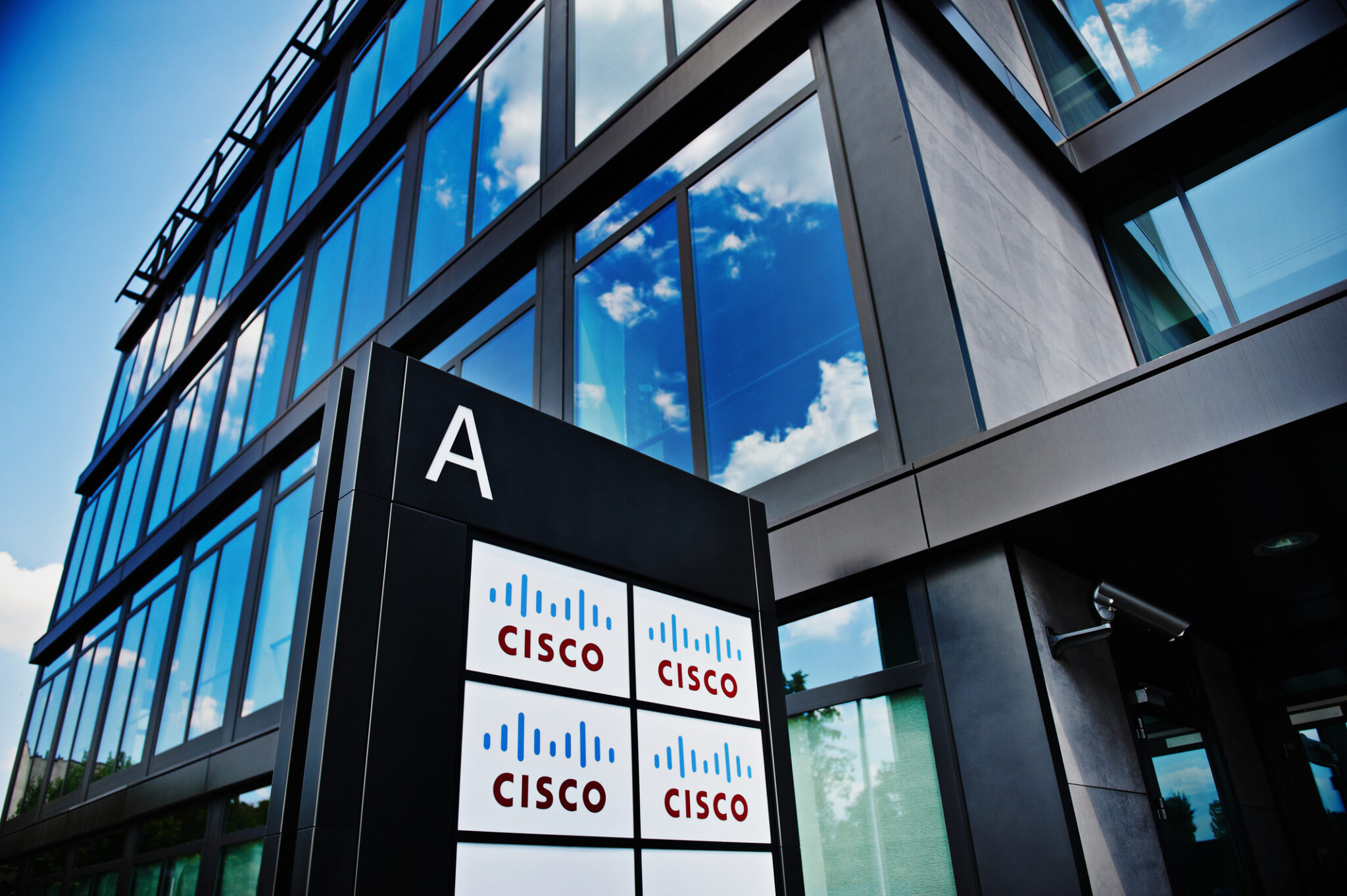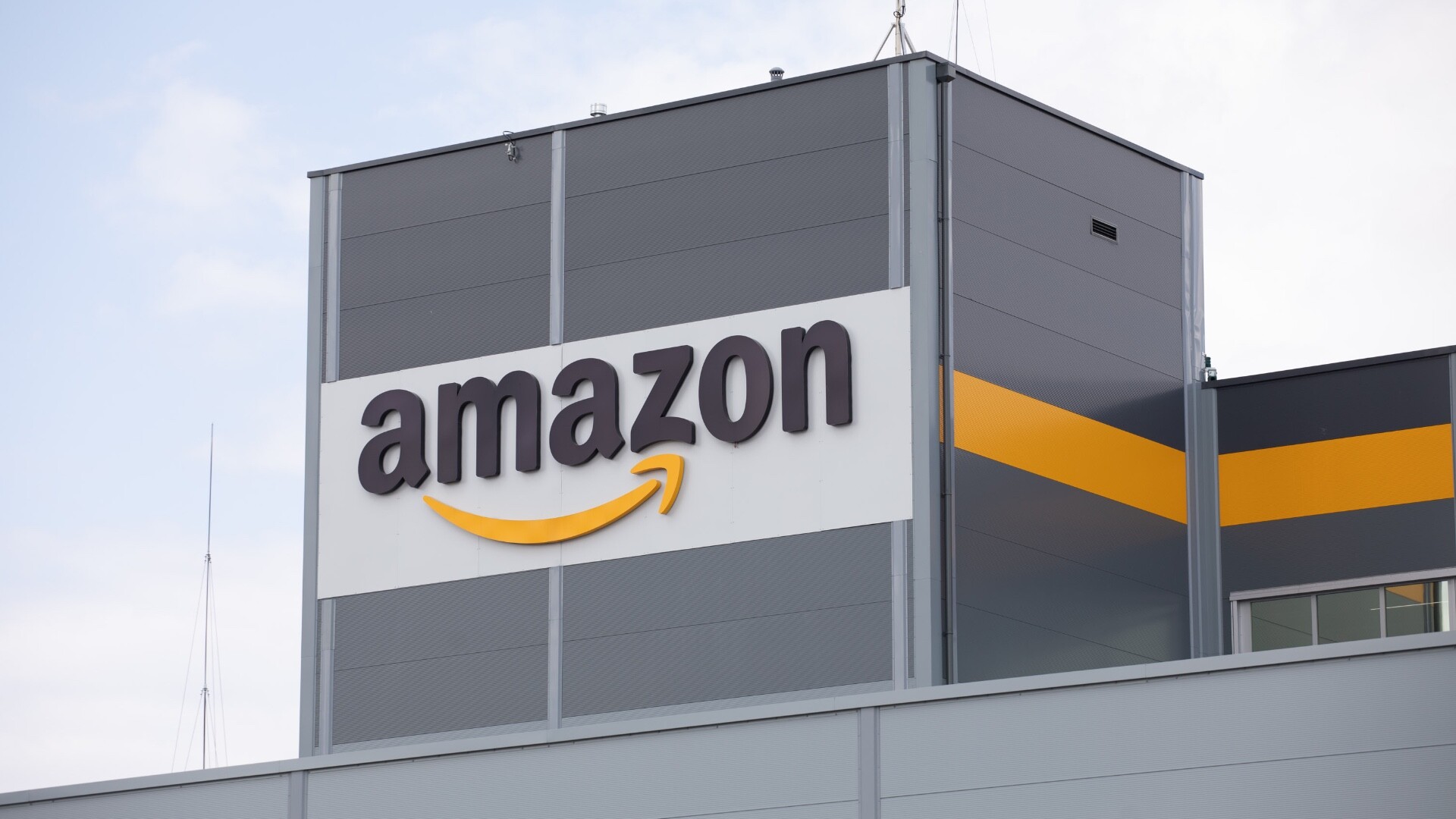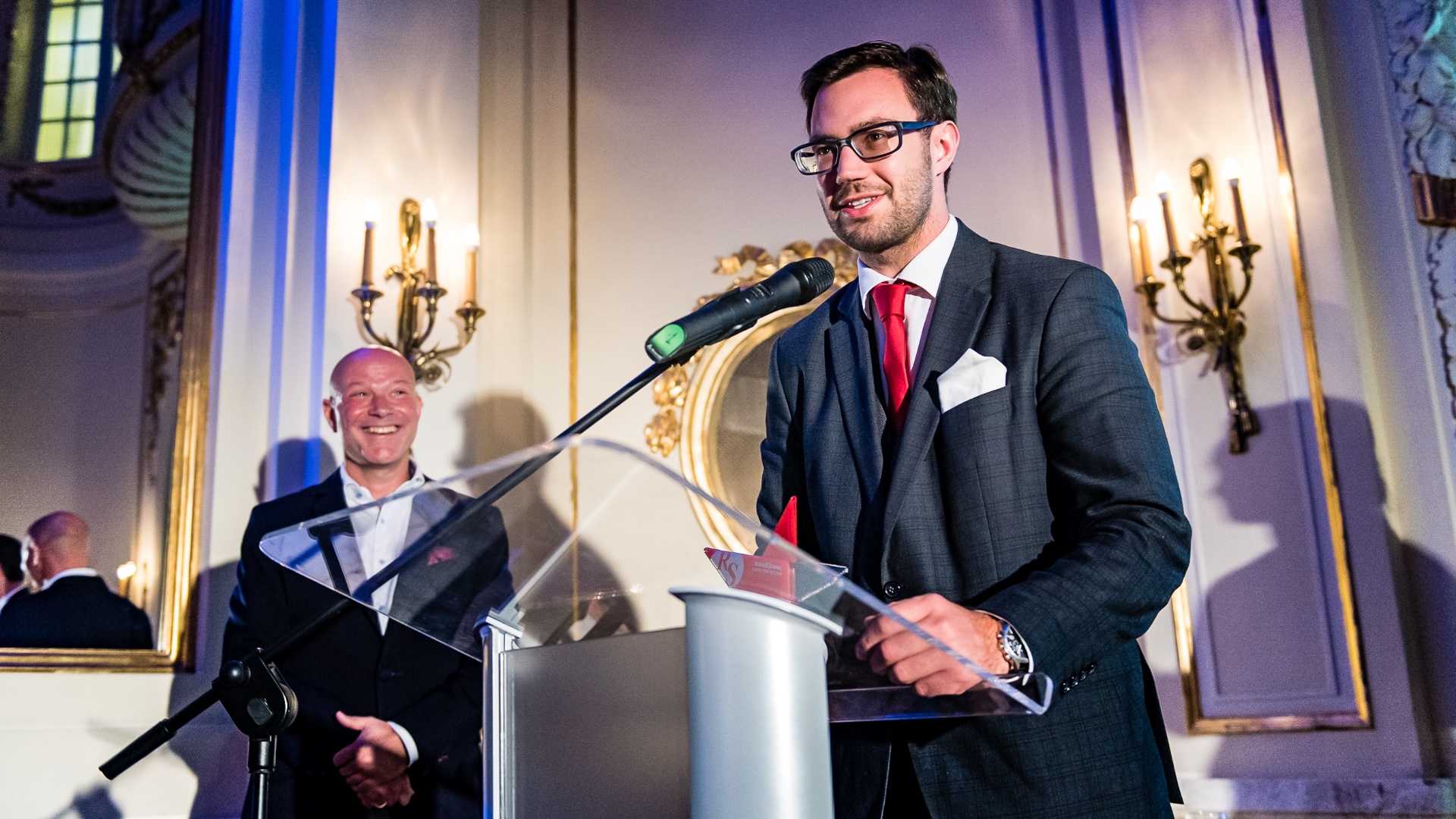The wave of returns to the office, spearheaded by the giants, confronts the technology industry with a fundamental question: is it about real empowerment of collaboration, or about regaining control in a world that has successfully operated remotely for the past few years?
Rigid attendance mandates, communicated as a recipe for innovation, are read by many employees as a signal of mistrust. This is a risky move in the battle for the most qualified professionals.
Two reasons, one decision
The official narrative of technology leaders focuses on the benefits of face-to-face interaction. They argue that spontaneous conversations over the coffee machine, collaborative whiteboard sessions and easier onboarding of new team members are key to building a strong organisational culture and accelerating innovation.
From a management perspective, the centralised working model facilitates oversight and provides a sense that the whole organisation is rowing in the same direction.
However, employees who have proven their effectiveness in the remote model over the last few years are asking themselves: why is it that what was working is suddenly no longer enough?
The sudden change in policy, often without a sound business case, raises suspicions that the aim is not productivity but a return to traditional hierarchical structures based on attendance control rather than performance evaluation.
For many professionals, flexibility and autonomy have become not just a benefit, but a symbol of a partnership with their employer. Taking this freedom away from them is seen as a step backwards.
Hidden costs of rigid mandates
Imposing the obligation to work from an office without flexibility can be counterproductive. The most talented and marketable professionals, accustomed to choosing where they work, may simply vote with their feet.
In an industry where talent shortages are a reality, flexibility is becoming a key competitive advantage. Companies that offer sustainable hybrid models not only find it easier to attract new candidates, but also retain key employees more effectively.
The problem goes deeper than just the risk of leaving. Employees who stay with the company but feel compelled to return against their will may experience a decline in commitment.
The sense of loss of confidence and autonomy demotivates, and time spent commuting instead of working or relaxing directly affects work-life balance and overall satisfaction. This, in turn, translates into lower creativity and productivity – exactly the indicators that returning to the office was supposed to improve.
In search of a smart hybrid
The key to success is not to choose between the office and remote working, but to build a model that draws the best of both worlds. Rather than arbitrarily imposing the number of days in the office, mature organisations focus on intentionality.
On-site attendance should have a specific purpose – creative workshops, project meetings or team integration. Conversely, tasks that require deep concentration can be more effectively carried out at home.
Modern leadership is moving away from measuring time spent at the desk to managing by objectives and results. However, this requires an understanding that employees have different working styles and needs.
Some people derive energy from interaction and a dynamic office environment, while others reach peak productivity in peace and quiet. Solutions such as the analysis of personality profiles or individual predispositions (a concept known as Human Design, among others) can help managers create teams and schedules that maximise each employee’s potential.
Investment in technology for hybrid working is important, but without a fundamental change in organisational culture – based on trust and autonomy – it will remain just a facade.
Companies that take the present moment as an opportunity to redefine their approach to work, communicating their motivations clearly and regularly collecting feedback from their staff, will build a sustainable advantage.
Those that choose to take shortcuts by imposing old rules run the risk of the progress of recent years proving to be only a temporary experiment, for which they will pay with a loss of confidence and their most valuable talents.












